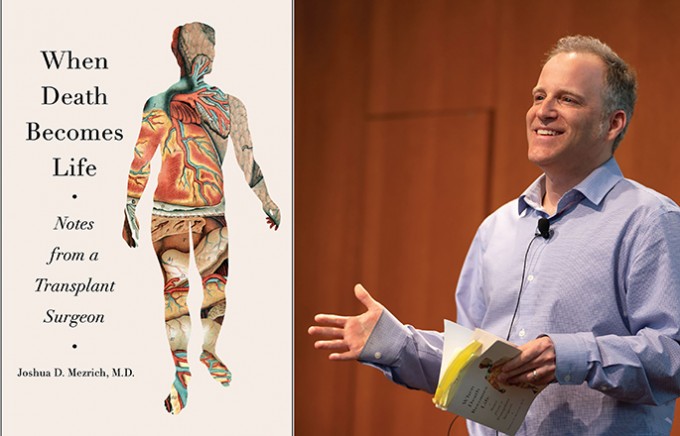Nursing Book Club
When Death Becomes Life: Notes From a Transplant Surgeon by Joshua D. Mezrich, M.D.
A provocative look at organ donation

In the prologue of When Death Becomes Life, author Joshua D. Mezrich, M.D., states that this book “is neither a memoir nor a complete history of transplantation.” It’s actually a little of both, as well as a well-thought-out examination of the dramatic impact organ transplants — or the lack of them — can have on lives of donors, recipients and the medical staff involved.
Mezrich is well-qualified to discuss this subject. A Cornell graduate, he has spent 11 years on the transplant team at UW Health in Madison, Wis., following a two-year transplant fellowship at the same institution. He explains how he selected this specialty as his life’s work and introduces us to the logistics of modern transplants: how transplant organs are requested by a coordinator, obtained by a specialized team and moved from one part of the country to another.
These procedural details bring us to what makes transplants unique among medical procedures. While the surgery can be lifesaving, it necessarily begins with tragedy: the death of a young, healthy donor.
The death of a potential organ donor is a delicate balancing act and a race against time. Families need adequate space to grieve and say goodbye, but the sooner the surgical team can begin extracting transplantable organs, the greater the opportunity for that one death to save many lives.



